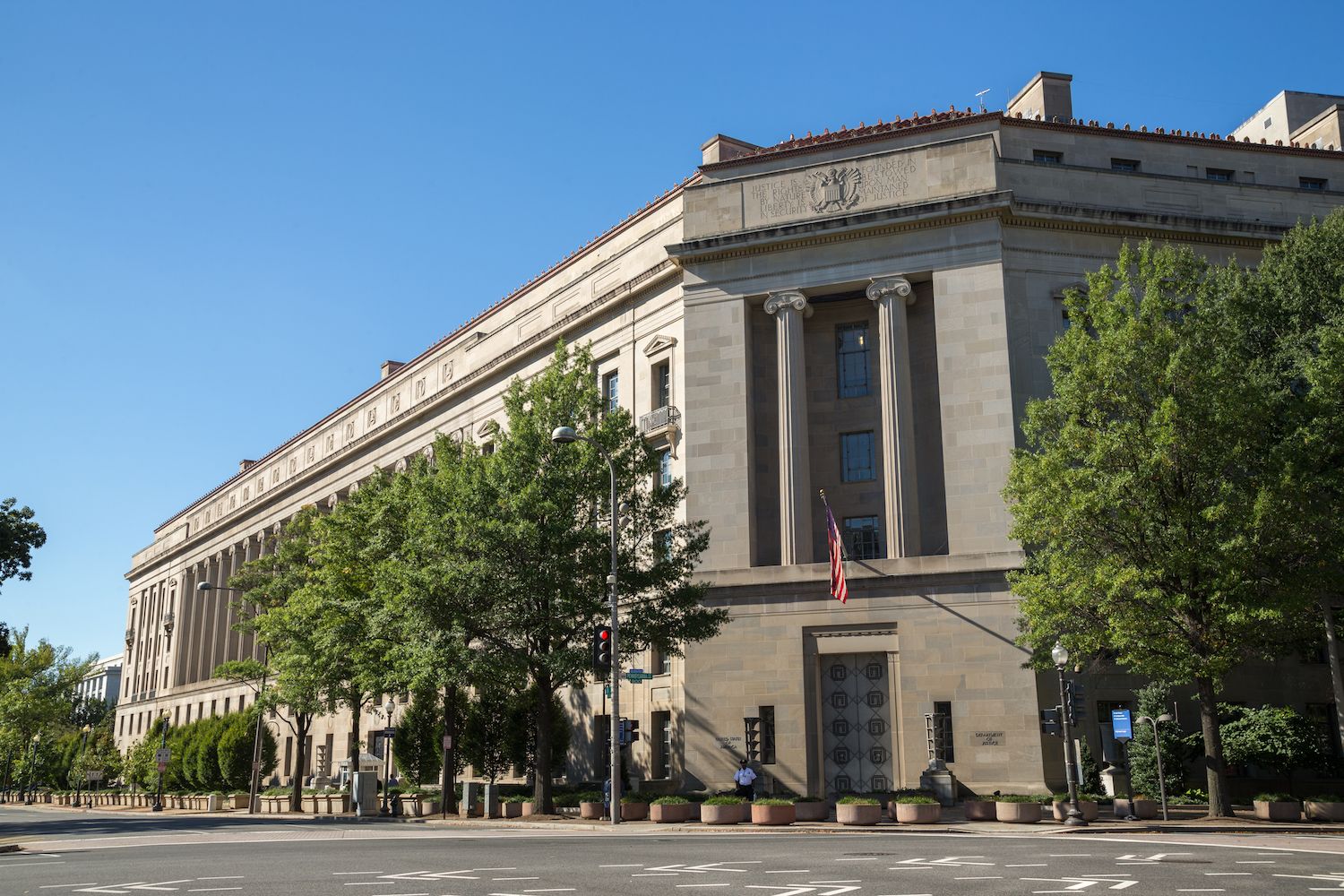The U.S. Department of Justice is sending a message with its recent effort to seize $225 million in crypto linked to pig butchering scams: these funds were stolen from victims.
That’s the interpretation from Phil Selden, a member at Cole Schotz PC and former acting US Attorney for the District of Maryland.
The DOJ initiated the seizure of these funds last month through a forfeiture motion, although it has not yet publicly identified any individuals accused of the theft.
But that’s the intention, according to Selden.
“This is a tone-setting case,” he said. “We have victims on American streets, and the Department made clear they didn’t want to wait for an arrest to ensure that the crypto was actually seized.”
This tone, Selden noted, sets the direction for the Department of Justice under Matthew Galeotti, the new head of its criminal division. Selden describes Galeotti as an experienced, methodical prosecutor accustomed to taking down New York’s toughest organized crime rings.
Galeotti understands how criminal networks move money, exploit weak regulatory frameworks, and most importantly, how they affect everyday people, Selden added.
“This isn’t just a tech story or a finance story,” he continued. “It’s about families losing their savings and small towns losing their banks.”
One such bank was Heartland Tri-State Bank, a Kansas-based agricultural lender that became illiquid and collapsed in 2023 after its CEO embezzled nearly $50 million and transferred the funds to crypto wallets at the direction of pig butchering scammers.
Hanes was also the largest victim in the DOJ’s complaint.
“In Hong Kong or Shanghai or New York or San Francisco, there’s a financial institution on every corner. In Kansas, there’s not,” Selden stated. “If you don’t have a good bank, it’s hard to build or maintain a business, hard to get capital for that tractor or that crop cycle.”
What comes next?
Selden anticipates that criminal charges may be forthcoming, but he believes the DOJ opted not to wait for an arrest to ensure the crypto was seized and could be returned to its owners.
Extradition of overseas suspects is one potential path, though it’s slow and relies on mutual legal assistance treaties.
Another strategy could involve enticing suspects into U.S. jurisdictions where arrests are easier, such as Guam or other American territories.
Even without arrests, extraditions, and high-profile trials, Selden believes the case has already accomplished its purpose. It conveys to victims that their losses are being taken seriously.
“Crypto crime isn’t abstract; it isn’t offshore,” Selden emphasized. “It’s impacting real people, real communities, and the Department of Justice wants Americans to know it has their backs.”

Leave a Reply